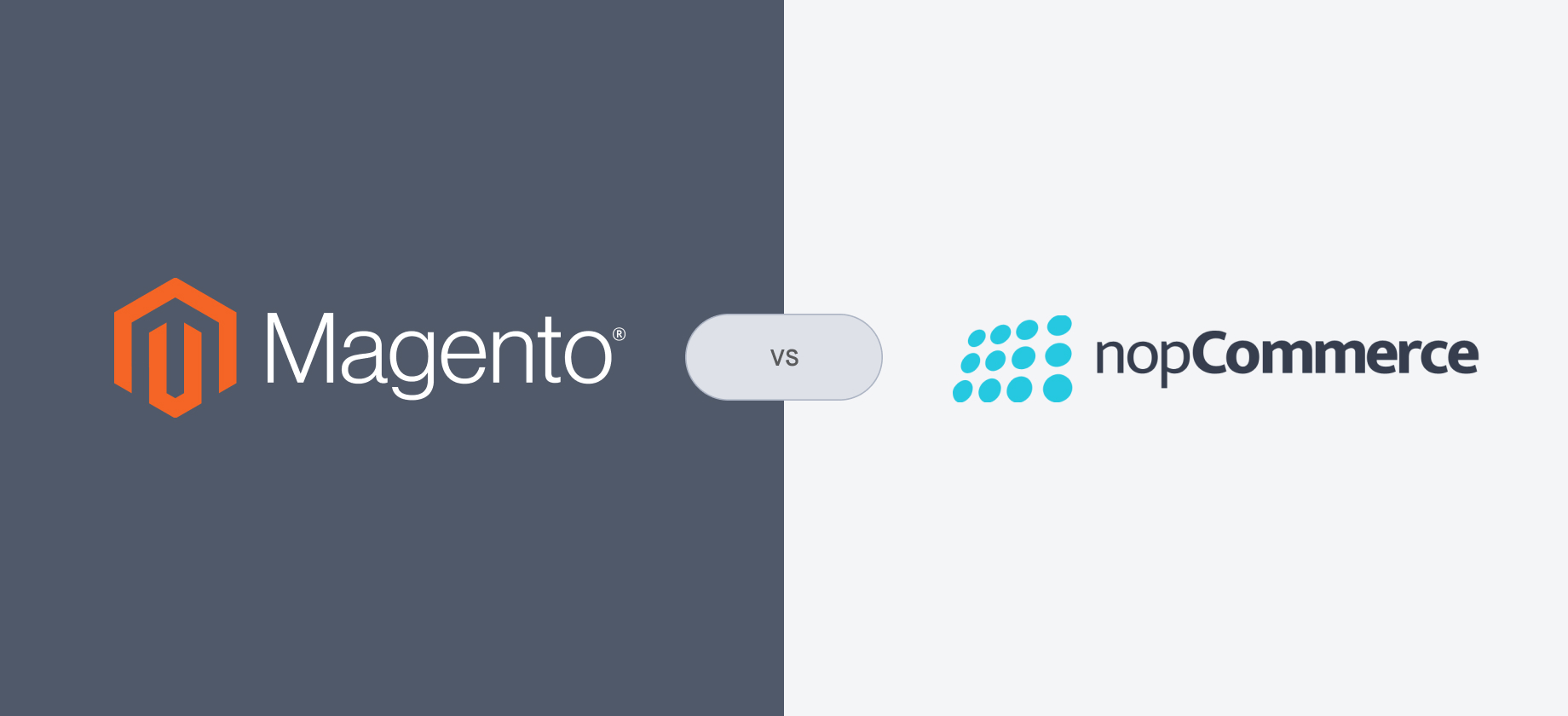Selecting the right ecommerce platforms for your business is paramount. Two heavyweights in this arena are Magento and nopCommerce. Both offer robust features, customization options, and scalability. In this detailed comparison, we’ll delve into various aspects of these platforms to help you make an informed decision.
1. Overview:
– Magento: An open-source platform acquired by Adobe, Magento offers unparalleled flexibility and scalability. It powers a vast array of online stores, from small businesses to enterprise-level giants.
– nopCommerce: Another open-source solution, nopCommerce is gaining popularity for its simplicity, user-friendliness, and extensive feature set. It’s a preferred choice for many SMBs due to its ease of use and affordability.
2. Features:
– Magento: Boasts an extensive feature set out of the box, including advanced product management, multi-store capabilities, robust SEO tools, and powerful marketing features.
– nopCommerce: Offers a comprehensive set of features, including customizable themes, multi-vendor support, SEO optimization tools, and a user-friendly admin panel.
3. Customization:
– Magento: Known for its unparalleled customization options, Magento allows developers to tailor every aspect of the store to meet specific requirements. Its modular architecture enables seamless integration of third-party extensions.
– nopCommerce: While not as flexible as Magento, nopCommerce provides ample customization options through plugins and themes. Its intuitive design makes it easier for non-technical users to make customizations.
4. Performance and Scalability:
– Magento: With its robust architecture, Magento is highly scalable and can handle large catalogs and high traffic volumes. However, achieving optimal performance may require dedicated hosting and performance optimization.
– nopCommerce: While suitable for small to medium-sized stores out of the box, nopCommerce may require additional optimization for handling significant traffic spikes. However, it’s highly scalable with the right infrastructure in place.
5. Community and Support:
– Magento: Benefits from a large and active community of developers, contributors, and users worldwide. Extensive documentation, forums, and community-driven resources are available for assistance.
– nopCommerce: Despite being relatively newer compared to Magento, nopCommerce has a growing community and provides adequate support through forums, documentation, and official support channels.
6. Security:
– Magento: Recognized for its robust security features, Magento offers regular security patches and updates to protect against vulnerabilities. However, maintaining security requires proactive measures and adherence to best practices.
– nopCommerce: Prioritizes security with regular updates and patches to address vulnerabilities. It also offers security features like PCI compliance and SSL support to ensure secure transactions.
7. Cost:
– Magento: While the community edition of Magento is free to download and use, costs can escalate for enterprise-level features, hosting, and maintenance. Additionally, hiring experienced Magento developers can incur significant expenses.
– nopCommerce: Being open-source, nopCommerce is free to download and use. However, costs may arise from themes, plugins, hosting, and customization services.
Conclusion:
Both Magento and nopCommerce offer powerful solutions for building and managing online stores, each with its own strengths and weaknesses. Magento excels in flexibility, scalability, and feature richness, making it ideal for larger enterprises with complex requirements. On the other hand, nopCommerce shines in simplicity, ease of use, and affordability, catering well to SMBs and startups. Ultimately, the choice between Magento and nopCommerce depends on your business size, budget, technical expertise, and specific needs.


